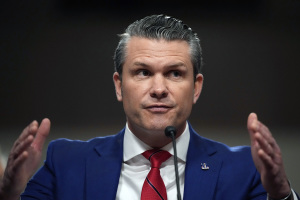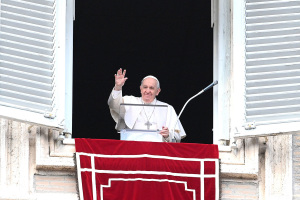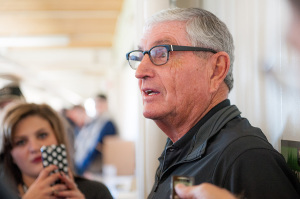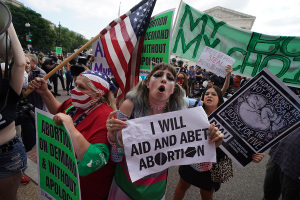HTS rebels have 'mercilessly targeted' Syria's Christians in the past, expert warns
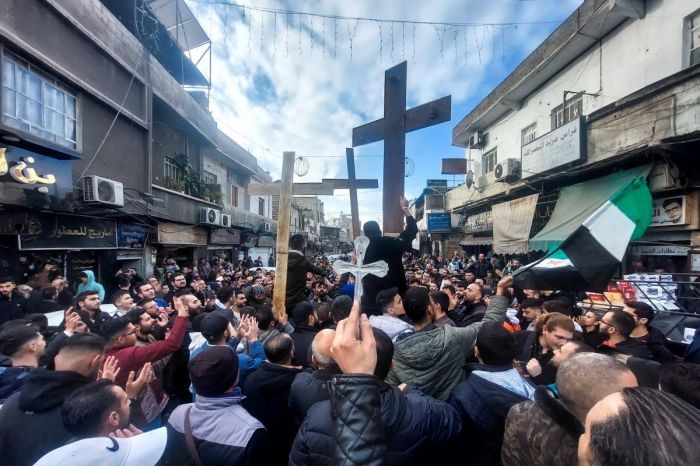
Christians in Syria cannot trust the armed Islamic alliance Hayat Tahrir al-Sham’s assurances that it intends to protect religious minorities, according to the leader of a watchdog group that has served the global persecuted church since 1995.
HTS is made up of former Islamic State and Al Qaeda fighters who are attempting to “rebrand themselves” to appear non-threatening, Jeff King, president of the United States-based International Christian Concern, told The Christian Post in an interview.
The public relations efforts, he believes, are a way to stall international communities from taking military action as HTS, which the U.S. recognizes as a foreign terror organization, consolidates more power.
“They’re saying all of the right things. ‘Oh, everything is fine! Christians are safe,’” King said. “But there’s no history of that.”
“These guys have absolutely mercilessly targeted the Christians in the past,” he continued. “This is radical Islam; we know who these guys are.”
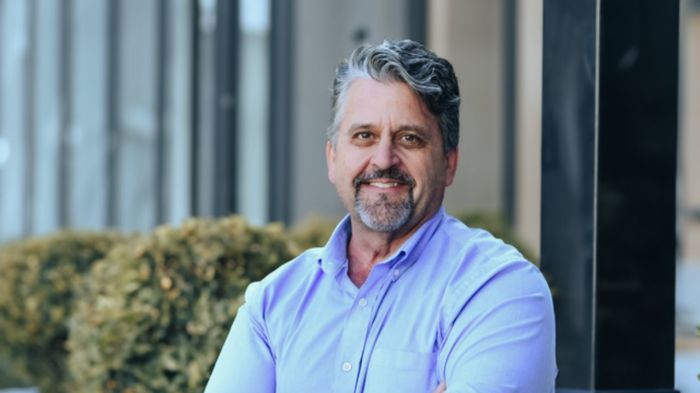
After HTS and rebel groups ousted President Bashar al-Assad in December, the rebels have met with Christian leaders and church representatives. Despite assurances that new government leaders will protect and respect the rights of Christians, church leaders have reacted with skepticism.
These concerns about the HTS-led coalition were exemplified in December when hundreds of Christians demonstrated after a large Christmas tree was set on fire. The perpetrators behind the attack are believed to be associated with a jihadi group, as La Croix reported at the time.
As ICC reported last week, an announcement on social media from Syria’s Ministry of Education contained a series of proposed amendments to the national curriculum.
Among the changes proposed was an update to the phrase “those who have are damned and have gone astray” to instead read “Jews and Christians.”
While the new government has not implemented the proposed amendments, advocates such as the ICC fear that the suggestions could mean Syria’s educational curriculum will lean toward a radical interpretation of Islam.
Other incidents that have continued to spark concerns include reports of Christian families in Maaloula in western Syria being pushed out of their homes and land. A separate incident last month involved unidentified assailants shooting at the walls of the Greek Orthodox Archdiocese of Hama in Western Syria and attempting to demolish the building’s cross.
“These incidents highlight the ongoing religious persecution and humanitarian crisis in Syria, particularly affecting the Christian minority,” King, who has led ICC since 2003, warned. “Maaloula, where Aramaic, the language of Jesus, is still spoken, faces potential cultural and religious cleansing, emphasizing the need for international attention and action to protect these ancient communities.”
“The persecution of Christians in Syria is not a new story, but the threats in Maaloula and elsewhere are an alarming reminder of the continuous threats to religious minorities in the region,” he added.
Despite fears about what is in store for Christians going forward, at the moment, King believes HTS wants to focus on winning the battle of public relations.
“I wouldn’t suspect there’d be an initial big, bold move against the Christians where the leopard’s going to show its spots,” he said. “I don’t think that’ll happen right away.”
In the meantime, the ICC president urged nations around the world to take action and protect Christians in Syria from further persecution. One of the advocacy group’s recommendations involves interfaith dialogue and international pressure to address persecution.
“We cannot stand by as this ancient Christian community is pushed to the brink of extinction,” King said. “It’s imperative that the global community acts to safeguard these historical and cultural landmarks, ensuring the survival of Christian presence in Syria.”
“This is a battle for the survival of Christians in Syria, for human rights, and for the soul of cultural diversity that is almost extinguished in the Middle East,” he continued.
Samantha Kamman is a reporter for The Christian Post. She can be reached at: samantha.kamman@christianpost.com. Follow her on Twitter: @Samantha_Kamman
















